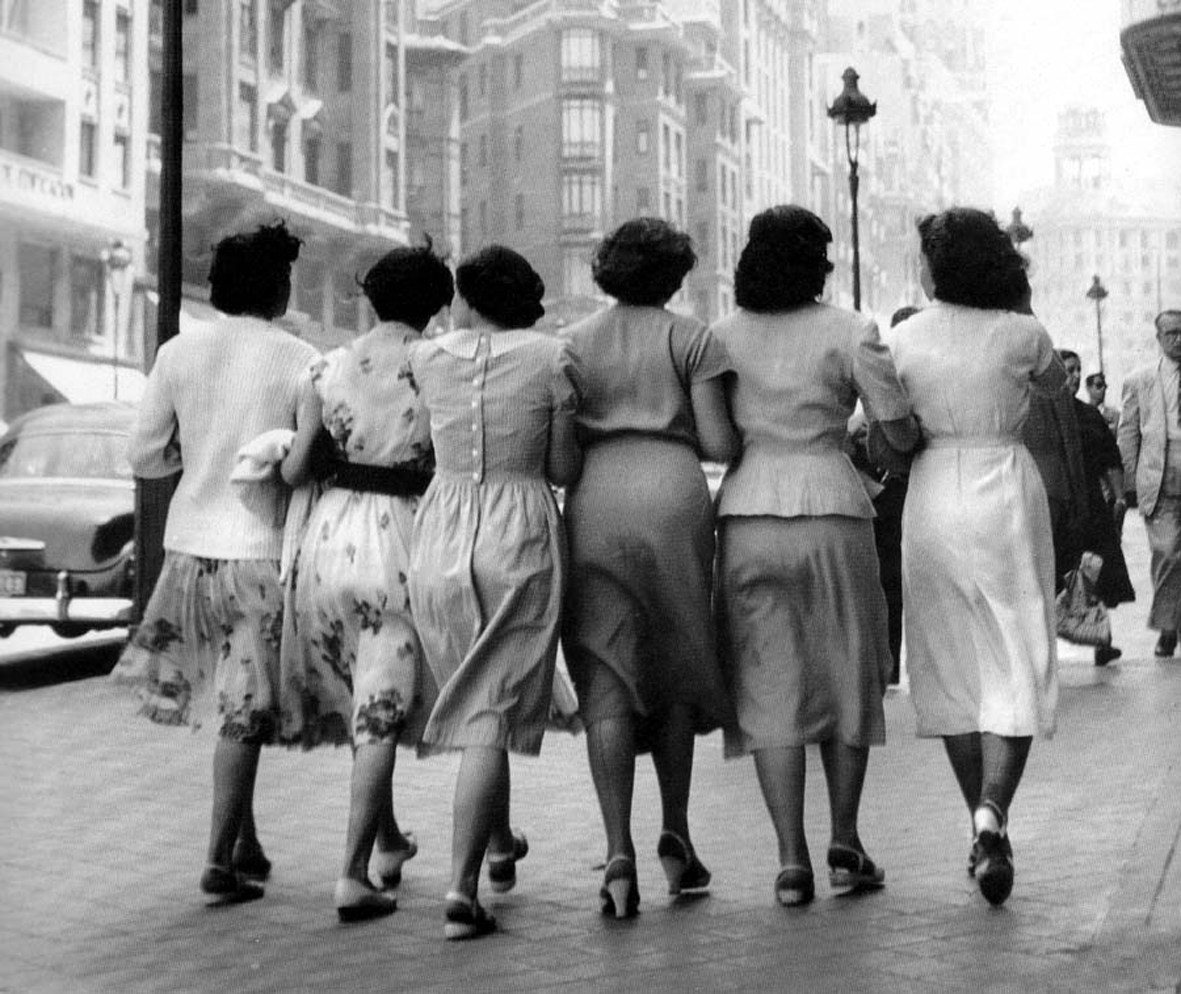Women´s right to the city. A feminist review of urban spaces
DOI:
https://doi.org/10.6092/2281-4574/3967Keywords:
Right to the city, urban planning, feminist approach.Abstract
The city of the 21st century is called to be an inheritor of the rationalism and urban development of the 20th century and the perfect daughter that the capitalist logic and the phenomenon of the globalization, which has increased in a great rate in the last decades, have come up with. Among all the social and environmental derivative impacts, in the article below, we will focus on the consequences that the generalization of this hegemonic model of city has had for women. Since the modern project and the social construction of the masculine subject as the universal one, the public and civic coexistence space has been specially designed and organized to satisfy the economic and political interests of men, leaving out the needs of other human groups that have not adjusted to the well versed model.The construction of cities from a accumulating and patriarcal logic, has reduced women´s role,so they have been considered as “inhabitants of domestic space” and carers. This has also led to the dissolution of their citizenship.
Therefore, we propose to make a feminist review of urban spaces. First because we believe it is essential to break the dualities and hierarchies between “masculine” and “feminine”. Secondly, because we believe that gender mainstreaming in urban planning can help to formulate policies that migh reorganize the spaces and times of work and life, and reach wellness for all the citizens.
Downloads
Download data is not yet available.

Downloads
Published
2016-10-10
Issue
Section
Articoli
License
Gli autori che pubblicano su questa rivista accettano le seguenti condizioni:- Gli autori mantengono i diritti sulla loro opera e cedono alla rivista il diritto di prima pubblicazione dell'opera, contemporaneamente licenziata sotto una Licenza Creative Commons - Attribuzione che permette ad altri di condividere l'opera indicando la paternità intellettuale e la prima pubblicazione su questa rivista.
- Gli autori possono aderire ad altri accordi di licenza non esclusiva per la distribuzione della versione dell'opera pubblicata (es. depositarla in un archivio istituzionale o pubblicarla in una monografia), a patto di indicare che la prima pubblicazione è avvenuta su questa rivista.
- Gli autori possono diffondere la loro opera online (es. in repository istituzionali o nel loro sito web) prima e durante il processo di submission, poiché può portare a scambi produttivi e aumentare le citazioni dell'opera pubblicata (Vedi The Effect of Open Access).

